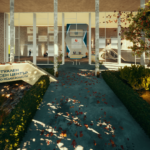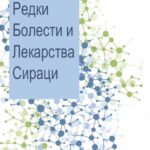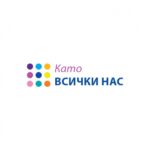 The 11th National Conference for Rare Diseases and Orphan Drugs will be held online on 11-12 September 2020 at the Virtual Congress Venue of the Institute for Rare Diseases. The main topic of the event will be the novelties and current trends in the diagnosis, treatment and follow-up of rare diseases, the development of European reference networks and access to innovation in the field of rare diseases.
The 11th National Conference for Rare Diseases and Orphan Drugs will be held online on 11-12 September 2020 at the Virtual Congress Venue of the Institute for Rare Diseases. The main topic of the event will be the novelties and current trends in the diagnosis, treatment and follow-up of rare diseases, the development of European reference networks and access to innovation in the field of rare diseases.
The registration for medical specialists, PhD students, students, patients and patient organizations is FREE OF CHARGE until 15 August 2020!
The Virtual Congress Venue of the Institute for Rare Diseases is now open for registrations. The website of the Virtual Congress Venue is: https://vcv.raredis.org/.
Subscribe to our YouTube channel, where you can find a short video, explaining how the Internet platform of the Virtual Congress Venue works: https://youtu.be/60ugYXsuQjs
We are expecting you at the Virtual Congress Venue!

 On December 31, 2019, the World Health Organization reported cases of pneumonia of unknown etiology. Аuthorities published later the main cause – coronavirus (SARS-CoV-2) which was the reason billions of people to be placed under social isolation. As any other communicable disease affecting public health, there is an increasing awareness among people who have co-morbidities or bleeding disorders, such as hemophilia and other rare diseases. For more information click
On December 31, 2019, the World Health Organization reported cases of pneumonia of unknown etiology. Аuthorities published later the main cause – coronavirus (SARS-CoV-2) which was the reason billions of people to be placed under social isolation. As any other communicable disease affecting public health, there is an increasing awareness among people who have co-morbidities or bleeding disorders, such as hemophilia and other rare diseases. For more information click  aims to inform the public about rare diseases by answering the most frequently asked questions and by telling personal stories of the people affected by them.
aims to inform the public about rare diseases by answering the most frequently asked questions and by telling personal stories of the people affected by them.